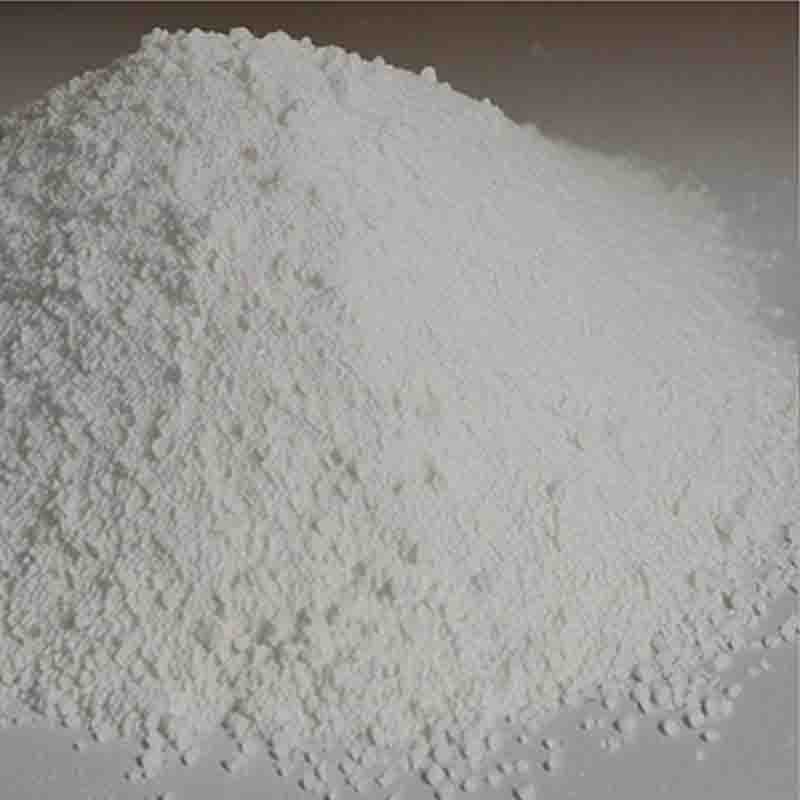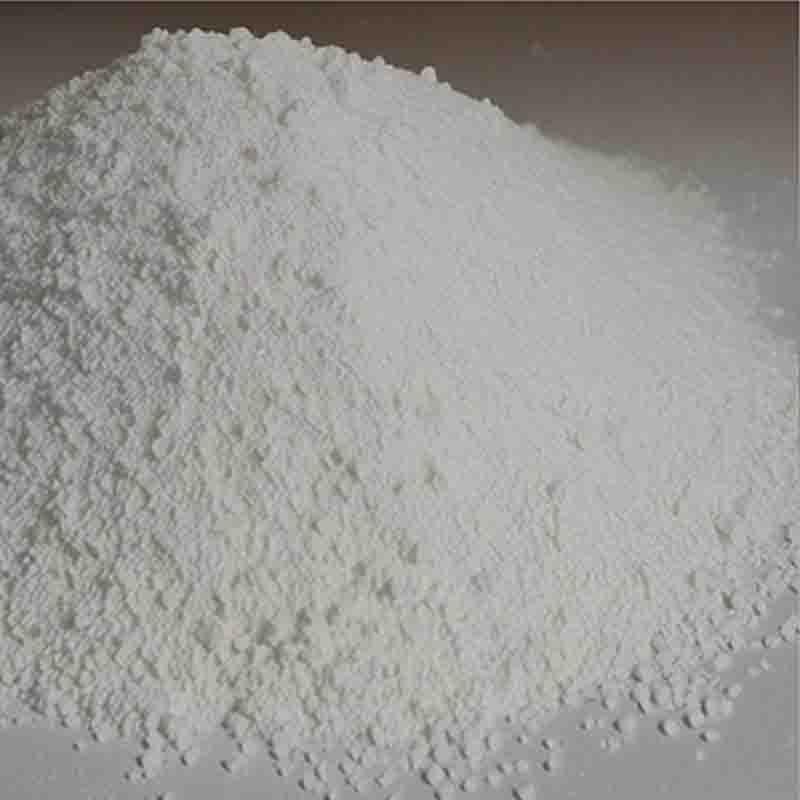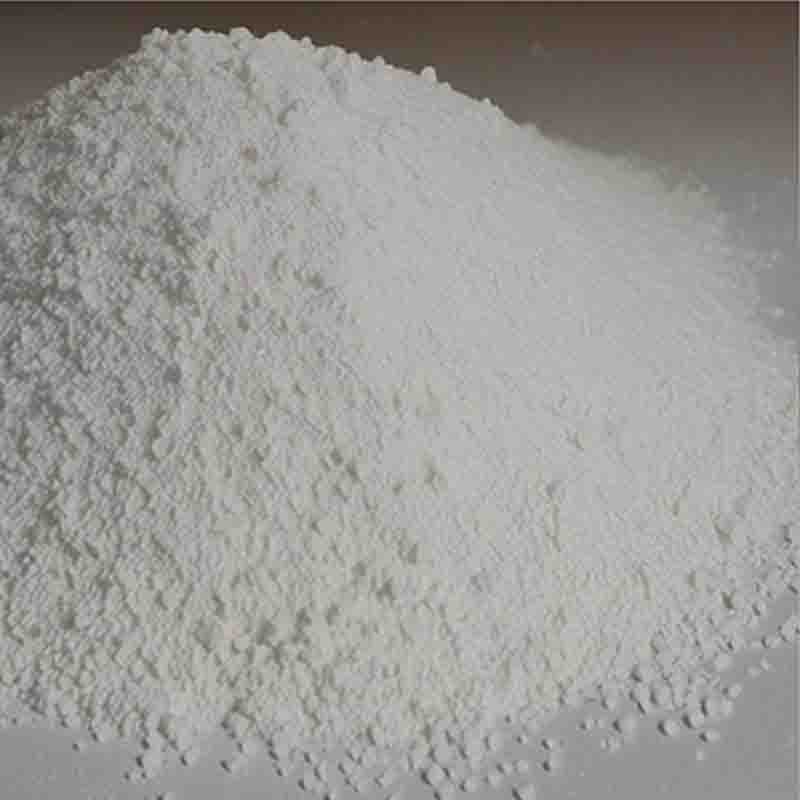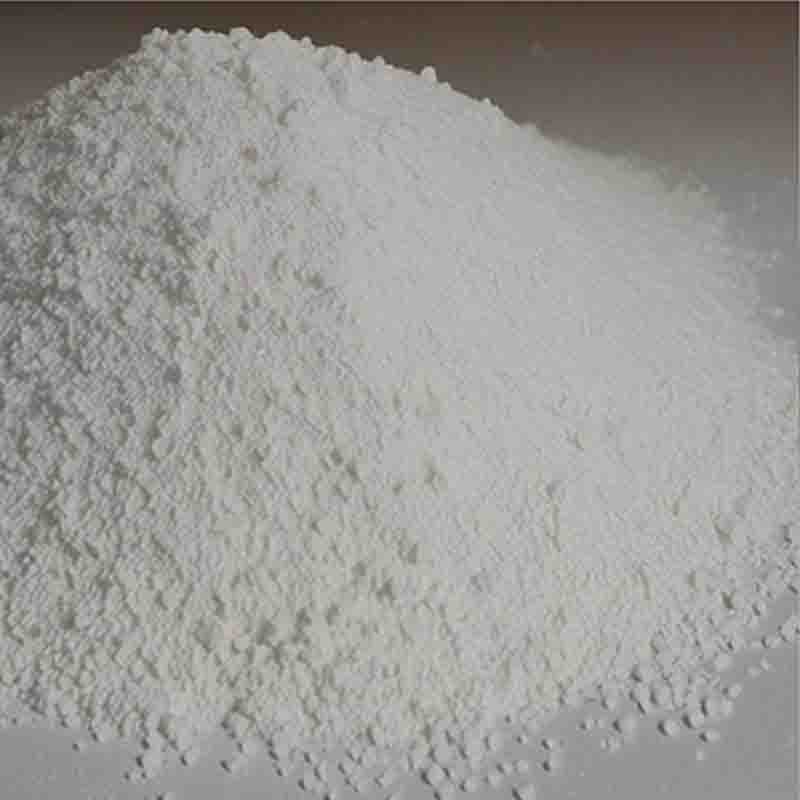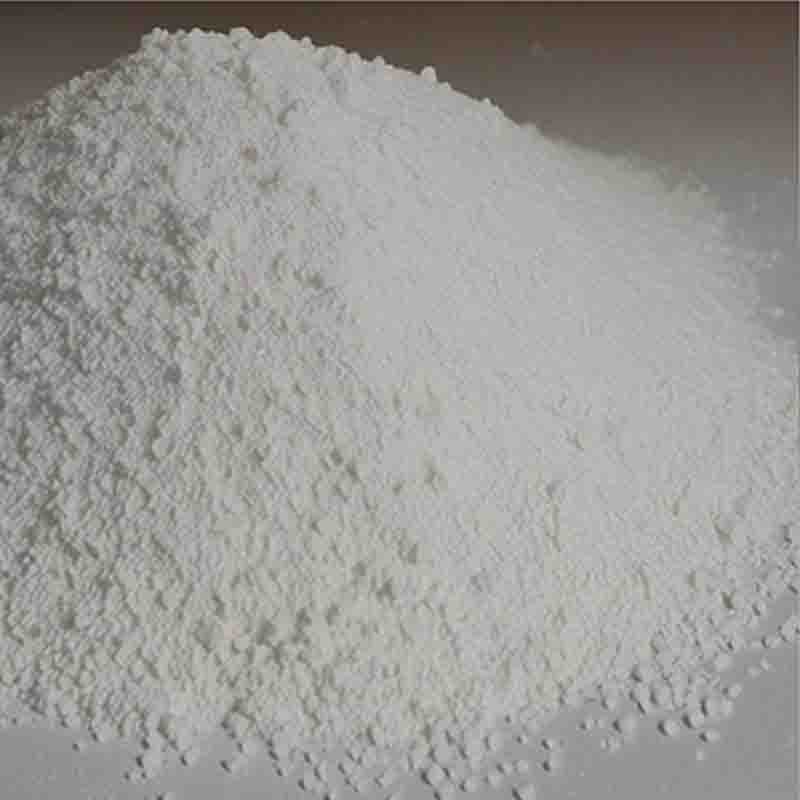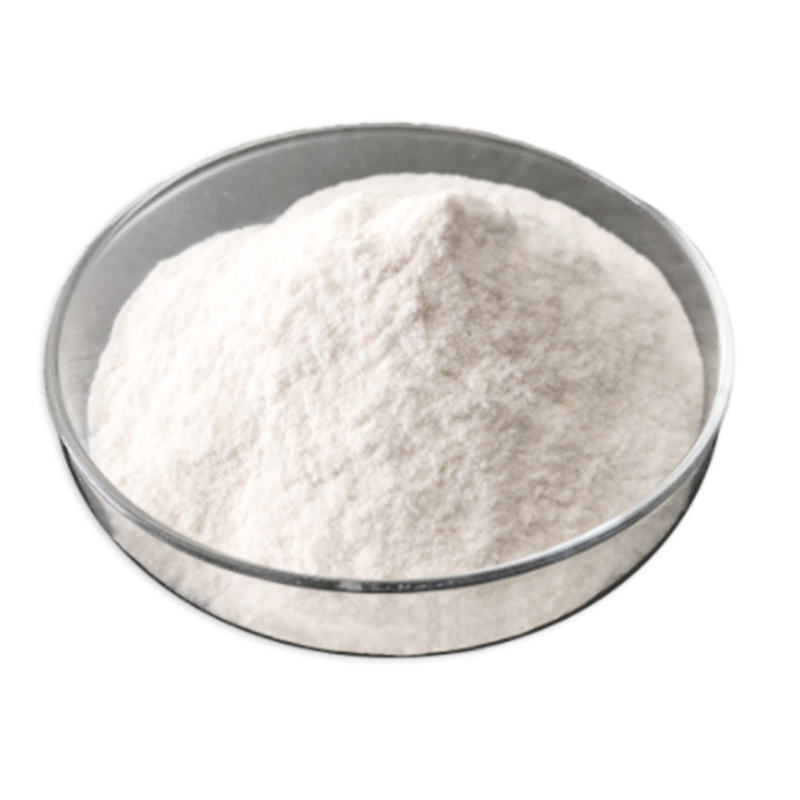2-chloroadenosine CAS:146-77-0
| Catalog Number | XD95806 |
| Product Name | 2-chloroadenosine |
| CAS | 146-77-0 |
| Molecular Formula | C10H12ClN5O4 |
| Molecular Weight | 301.69 |
| Storage Details | Ambient |
Product Specification
| Appearance | White powder |
| Assay | 99% min |
2-chloroadenosine is a chemical compound that belongs to the nucleoside family. It is derived from the natural purine base, adenine, by substituting a chlorine atom at the 2 position. This modification gives 2-chloroadenosine unique properties and effects.One significant effect of 2-chloroadenosine is its ability to act as an immunosuppressant. It has been studied for its potential in treating autoimmune diseases and organ transplant rejection. It achieves its immunosuppressive effect by inhibiting the activity of certain immune cells, such as T cells, which play a crucial role in the immune response. By suppressing the immune system, 2-chloroadenosine can help reduce inflammation and prevent the harmful immune reactions that occur in autoimmune conditions.Furthermore, 2-chloroadenosine has shown promise in the field of cancer research. Studies have indicated that it can inhibit the growth of cancer cells and induce apoptosis (programmed cell death) in various types of cancer, including leukemia, breast cancer, and lung cancer. It achieves this anti-cancer effect by interfering with the cell cycle, DNA synthesis, and protein synthesis in cancer cells. The potential of 2-chloroadenosine as an anti-cancer agent is being further explored, and it may have a role in combination therapy with other cancer treatments.Another interesting effect of 2-chloroadenosine is its ability to protect against ischemic injury in the heart and brain. Ischemia occurs when blood flow to an organ is reduced or blocked, leading to oxygen and nutrient deprivation. This can cause significant damage to the affected tissue. Research has demonstrated that 2-chloroadenosine can help mitigate the damage caused by ischemia by reducing inflammation and oxidative stress, as well as improving the energy metabolism of the affected cells.Despite these potentially beneficial effects, it is important to note that 2-chloroadenosine is a potent compound and should only be used under strict medical supervision. Its use can be associated with side effects, including gastrointestinal disturbances, liver and kidney toxicity, and changes in blood cell counts. Therefore, proper patient monitoring and careful dose adjustment are crucial when using 2-chloroadenosine.In conclusion, 2-chloroadenosine displays several important effects. It acts as an immunosuppressant, potentially aiding in the treatment of autoimmune diseases and preventing organ transplant rejection. It also exhibits promising anti-cancer properties by inhibiting cancer cell growth and inducing apoptosis. Additionally, it shows potential in protecting against ischemic injury in the heart and brain. However, caution should be exercised when using 2-chloroadenosine due to its potency and associated side effects.


